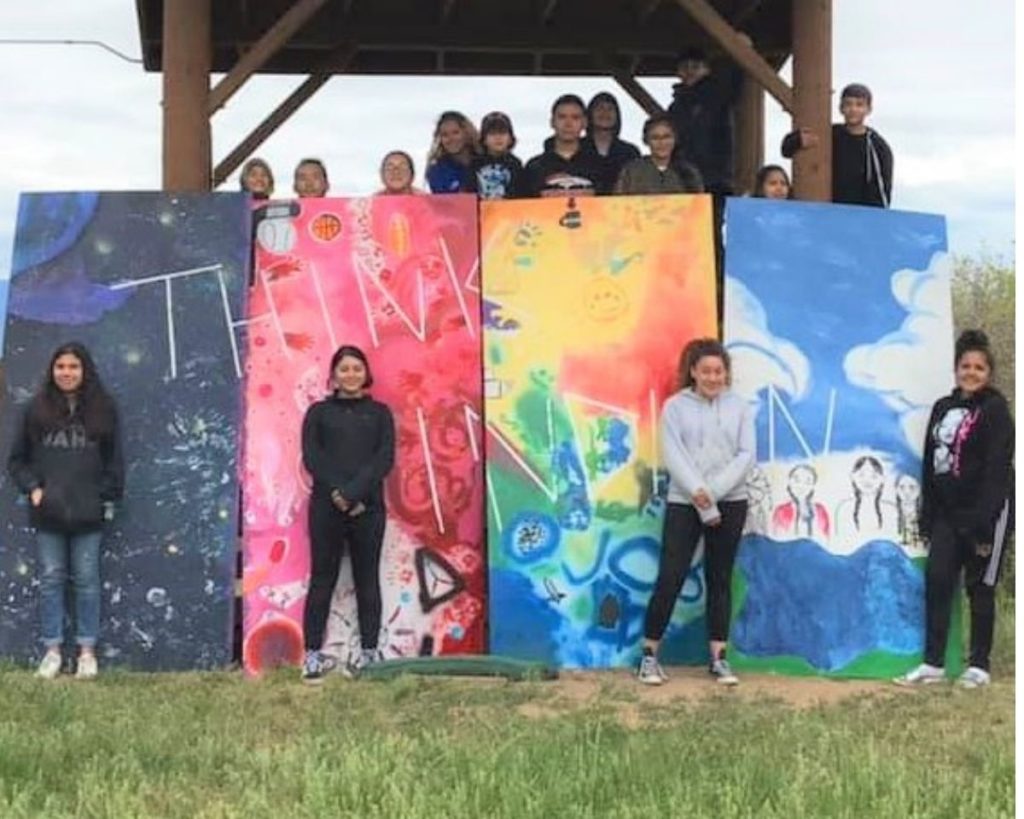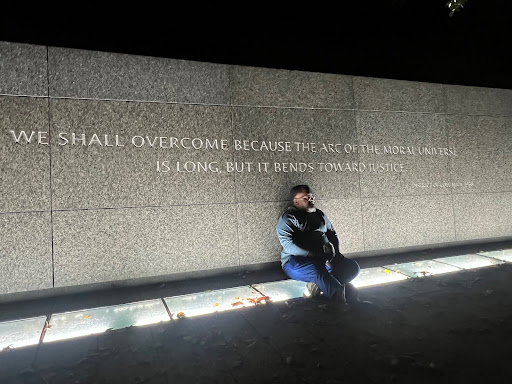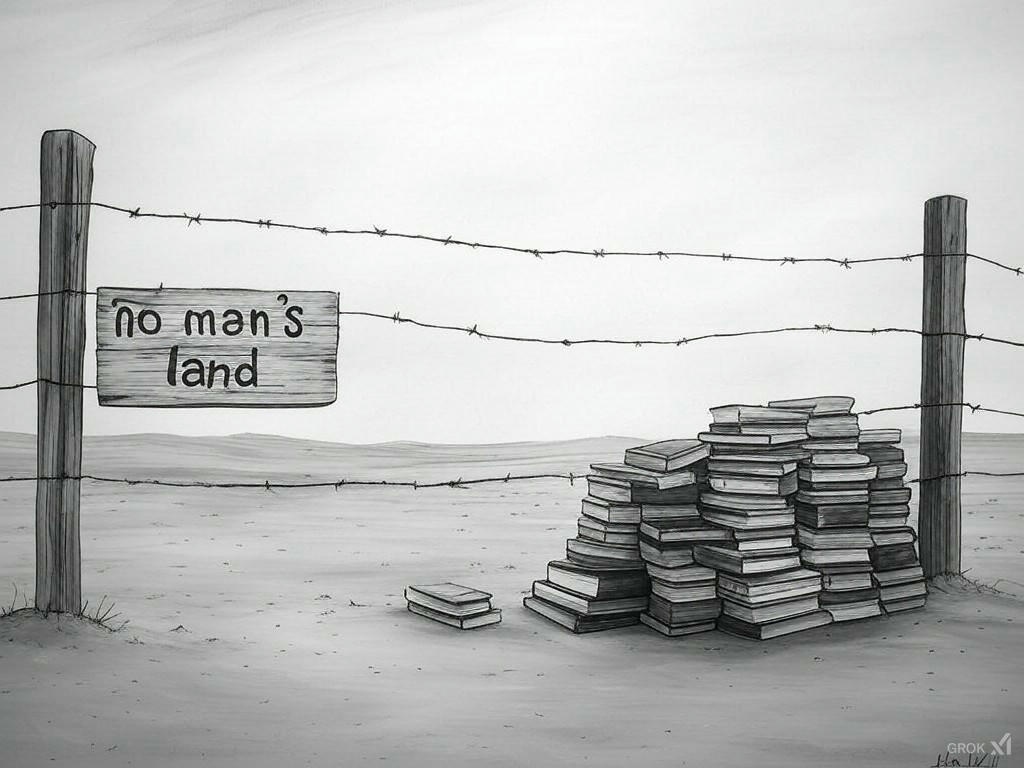We, the passionate educators at American Indian Academy of Denver, are on a mission to help our children reclaim the genius of our ancestors. We’re in our second year as a charter school in the Denver Public Schools. By building a school of mirrors and windows we want our Indigenous students to be able to see themselves in what they’re learning, and in who they’re learning from.
On Monday October 11th the United States will observe Indigenous Peoples’ Day. Our people have been scientists, builders, artists, and mathematicians since time immemorial. This cultural legacy was given to us by our forebears and we work to bring that cultural legacy to our kids every day of the school year – in a 21st century format – so that they can carry it into their future.
Metropolitan Denver is home to some 40,000 Native Americans representing 200 tribes. Because we live across the Front Range – scattered to the winds – most people don’t know we’re here. As one of the first cities to participate in the federal relocation program in the 1950s and 1960s, Denver drew Native people from around the country who were encouraged to move to urban areas as the government sought to end the protected trust status of all Indian-owned lands.
A member of the Gnoozhekaaning Anishinaabe tribe in Michigan, my mom came to Denver after surviving institutionalization at an Indian boarding school. She, like so many other Native boarding school students, was deeply impacted by this forced experience. The 2014 White House Native Youth Report states that, “the legacy of these misdeeds haunts us. The trauma of shame, fear and anger has passed from one generation to the next…” A legacy that has never been rectified or remedied.
While I’ve spent my career in Indian education, it wasn’t until I visited the Native American Community Academy (NACA) in Albuquerque that I realized what was possible for my community in Denver. With its strong focus on cultural identity and academic preparedness, NACA has successfully closed achievement gaps for Native students and consistently outperforms surrounding schools. The excellent graduation, college entrance and retention rates at NACA have held steady as the school celebrates its 17th year.
In our research with Native communities in Denver, students told us they didn’t feel like they belonged in typical public schools. Even when they were doing well academically. That’s what we’re working on. Developing that sense of belonging. It’s essential that we’re responsive to families and guided by the needs of our community.
In developing a strong sense of self in our students, empowering them with an understanding of their history and the challenges our people have faced since colonization, we don’t aim to make them feel bad or angry. We want to show them that we are some of the most resilient people on earth and that our cultural strengths will help empower our future.
Secretary of the Interior Deb Haaland is right to lead an initiative to unearth the troubled history of Indian education and to find the truth about the many children who never made it home. “I know that this process will be long and difficult,” Secretary Haaland said in June. “I know that this process will be painful. It won’t undo the heartbreak and loss we feel. But only by acknowledging the past can we work toward a future that we’re all proud to embrace.”
Our students are building their future by revitalizing tribal languages, learning Dineh and Lakota in middle and high school. We want them to develop a relationship with the land and water by engaging in critical thinking and problem solving through the use of technology, inquiry, and collaboration with others.
A recent study unit took us to the high country to fly drones and study the effects of some of Colorado’s most devastating wildfires. Students developed an understanding of the science of heat and the positive effects of Indigenous cultural burning practices.
People who have a deep relationship with the land and water have a better understanding of why it’s so important to take care of it. With the oncoming effects of climate change and other challenges, our teens need our support to figure out how to change their world right now. AIAD intends to give them as many tools and opportunities as we can so they can do just that.




